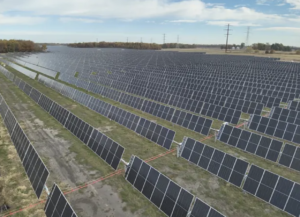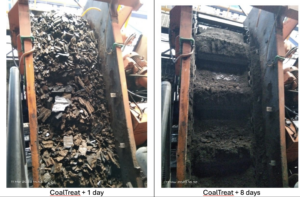The cap-and-trade approach will best tackle global warming and sustain economic recovery because, though reducing carbon emissions will cost money, alternatives to cap and trade will cost more, Exelon Chair and CEO John W. Rowe reiterated on Tuesday in a keynote address at the PennFuture Southeast Global Warming Conference in Penn Valley, Pa.
“The best way to address the climate problem and protect our nation’s fragile economic recovery is through cap-and-trade, which is the least expensive solution,” said (PDF) Rowe, the head of a company that produces the nation’s largest share of nuclear energy—and which stands to benefit from the climate bill pending in Congress because of its big investment in emission-free nuclear reactors. “Prices will go up, just not as much as with cruder tools. Plus, the legislation has provisions that will help reduce the impact to consumers.”
Rowe said that options like new nuclear plants, wind and solar, while appealing to many, actually cost much more than commonplace solutions like energy efficiency. He said an Exelon analysis that ranked options from lowest to highest according to its price per metric ton of CO2 prioritized improvements in energy efficiency and nuclear uprates—or capacity expansions at existing plants—which the company was now actively pursuing.
The analysis showed that a new natural gas plant would be economic at carbon prices of $25 to $45 dollars per metric ton, depending on its location, whereas a Texas nuclear plant would be economic only with a carbon price of $75 to $80 dollars. “The rule of thumb is that a $10 per ton increase in the carbon price translates into a $0.01 per kWh increase in the price of electricity,” he said.
“Choosing more expensive options over cheaper ones adds costs that are passed through to businesses and consumers,” Rowe said. “That’s why we need a climate bill that takes advantage of the power of appropriately regulated and monitored markets, which will drive competition, innovation and low-cost solutions.”
In the wake of Exelon’s decision to withdraw from the U.S. Chamber of Commerce due to a disagreement on the urgency of addressing global warming, Rowe urged the nation’s business community to come together in support of climate legislation.
“Companies and business groups must recognize the need for strong action—or they will be left behind,” said Rowe. “We have faith in the ability of American business to come together to develop innovative and cost-effective solutions to the climate challenge.”
Source: Exelon








